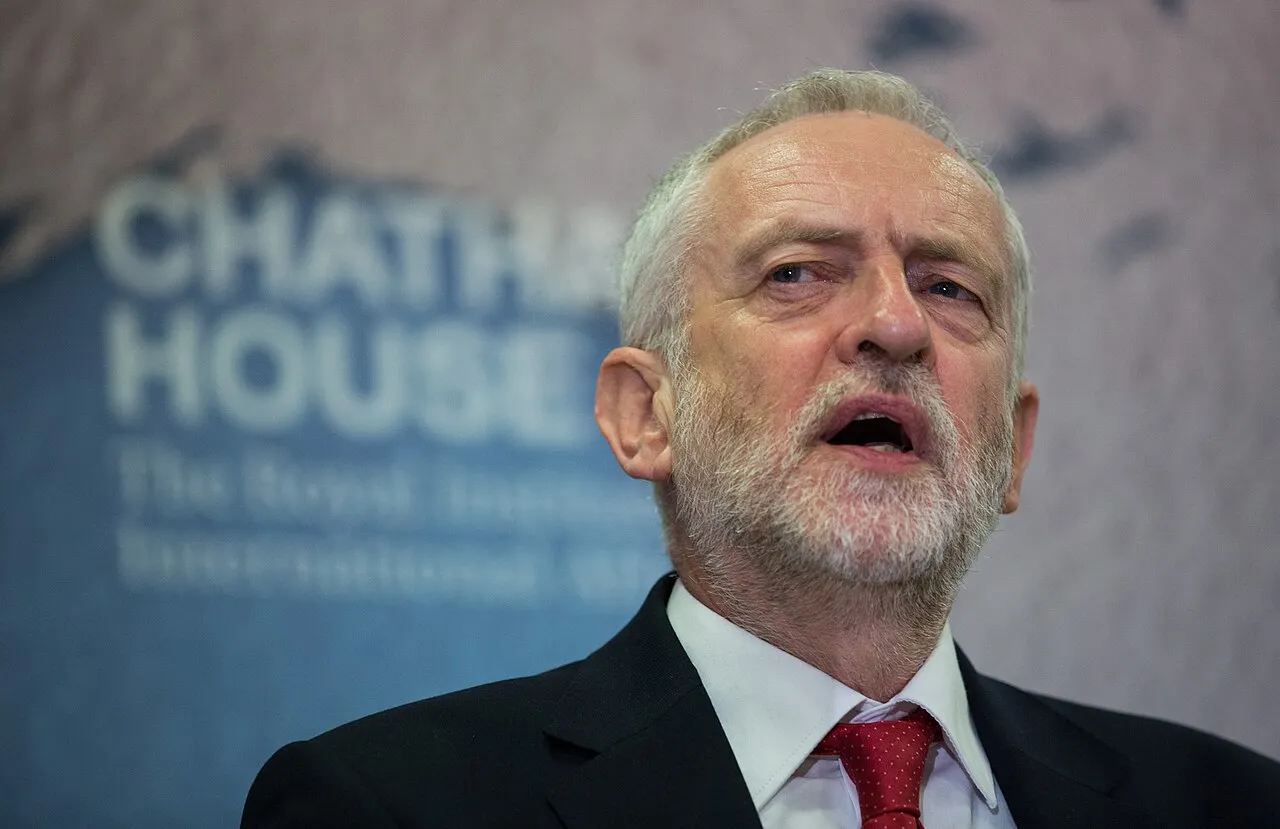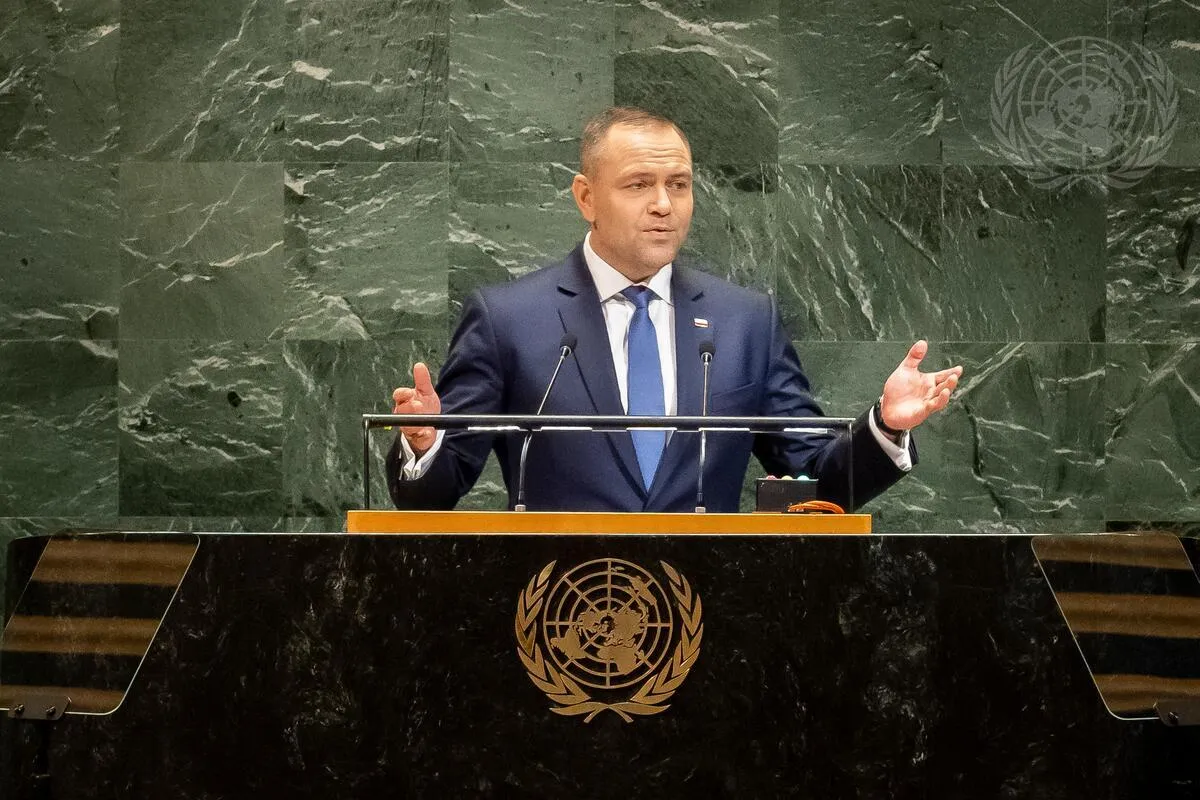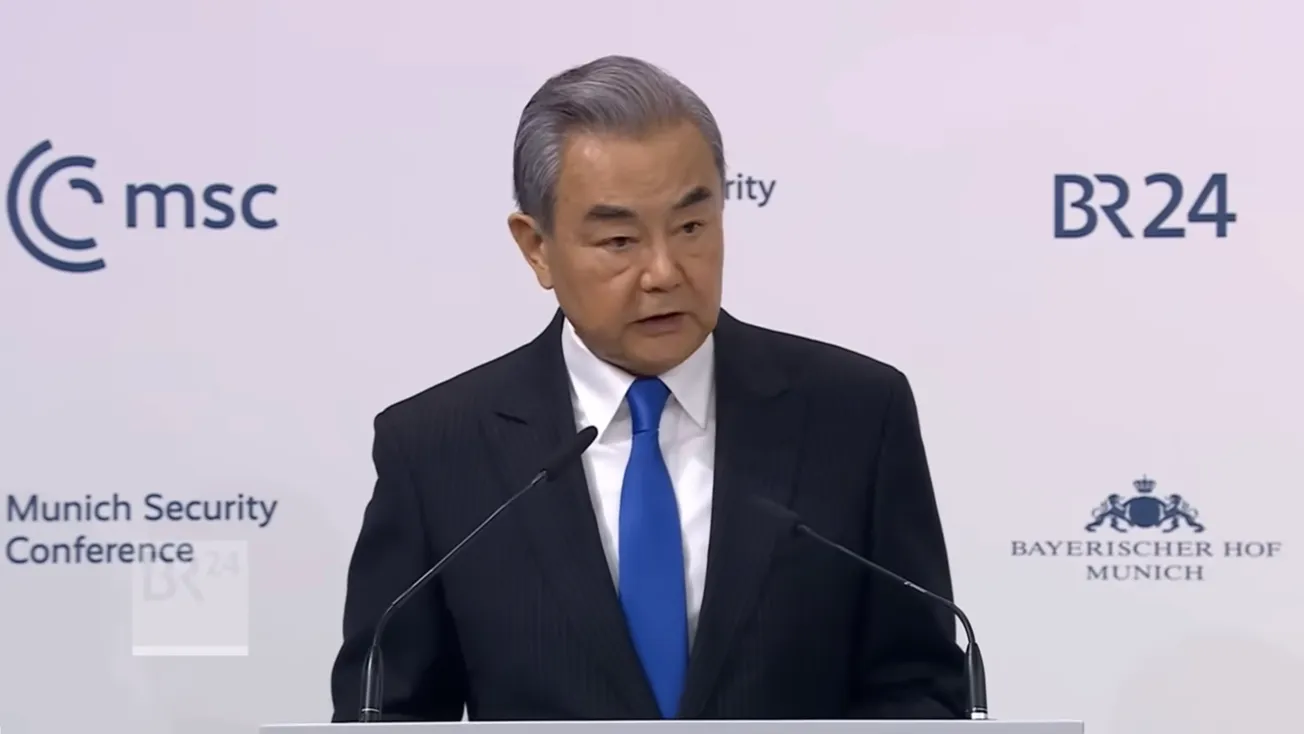In December, some of the world’s biggest cartel food retailers and processors—Unilever, Nestles, Walmart, McDonalds—issued an ultimatum letter to the biggest cartel commodity traders—ADM, Bunge, Cargill, Louis Dreyfus (ABCD) etc.—that soybeans from Brazil—one of the world’s biggest source areas for cartel soy exports, will be boycotted in 2021 unless the trading houses can prove they source soy from Brazilian growers who do not damage the ecosystem of the Brazilian savanna—the Cerrado. It’s a case of bad guy vs. bad guy, all the while that the victims are people who need to eat, and farmers who have been induced to produce in the Cerrado. Brazilian exports are a major part of world soybeans traded, and some 60% of Brazil’s soy production comes from the Cerrado.
It is true that in recent years, the natural brush and grasslands area of the Cerrado was cut over, and fertilized in a way to turn it into vast soy fields, fostered by the financial wing of the City of London/Wall Street commodities cartels. Now these same green finance dictators are saying, reverse engines. Food is bad for the environment. Too bad, so sad.
The threat letter comes from some 160 members of the Consumer Goods Forum’s Cerrado Manifesto Statement of Support. The spokesman of one signator, the big British supermarket chain Tesco, said, “We’re calling on traders to step up their own commitments and implement robust monitoring, verification and reporting systems with the region.…”
Cargill and other mega-traders are demurring that they, too, love and respect the environment, and their farmers are sensitive, and blah blah. But the refusal to purchase soy from the Cerrado is reported to have begun. Farmers in the Cerrado in recent years include American growers, who would spend six months in Iowa and six months in Brazil growing soybeans.
In October 2001, then-presidential pre-candidate Lyndon LaRouche laid out a strategic, Vernadskyian plan for the development of this Cerrado region as the key to “The Future of Brazil’s Agriculture,” for presentation to an international conference in Brazil on the subject of “Brazil and the Free Trade Agreement of the Americas.” The approach he outlined continues to be highly relevant for the development of agriculture generally, as well as in Brazil:





